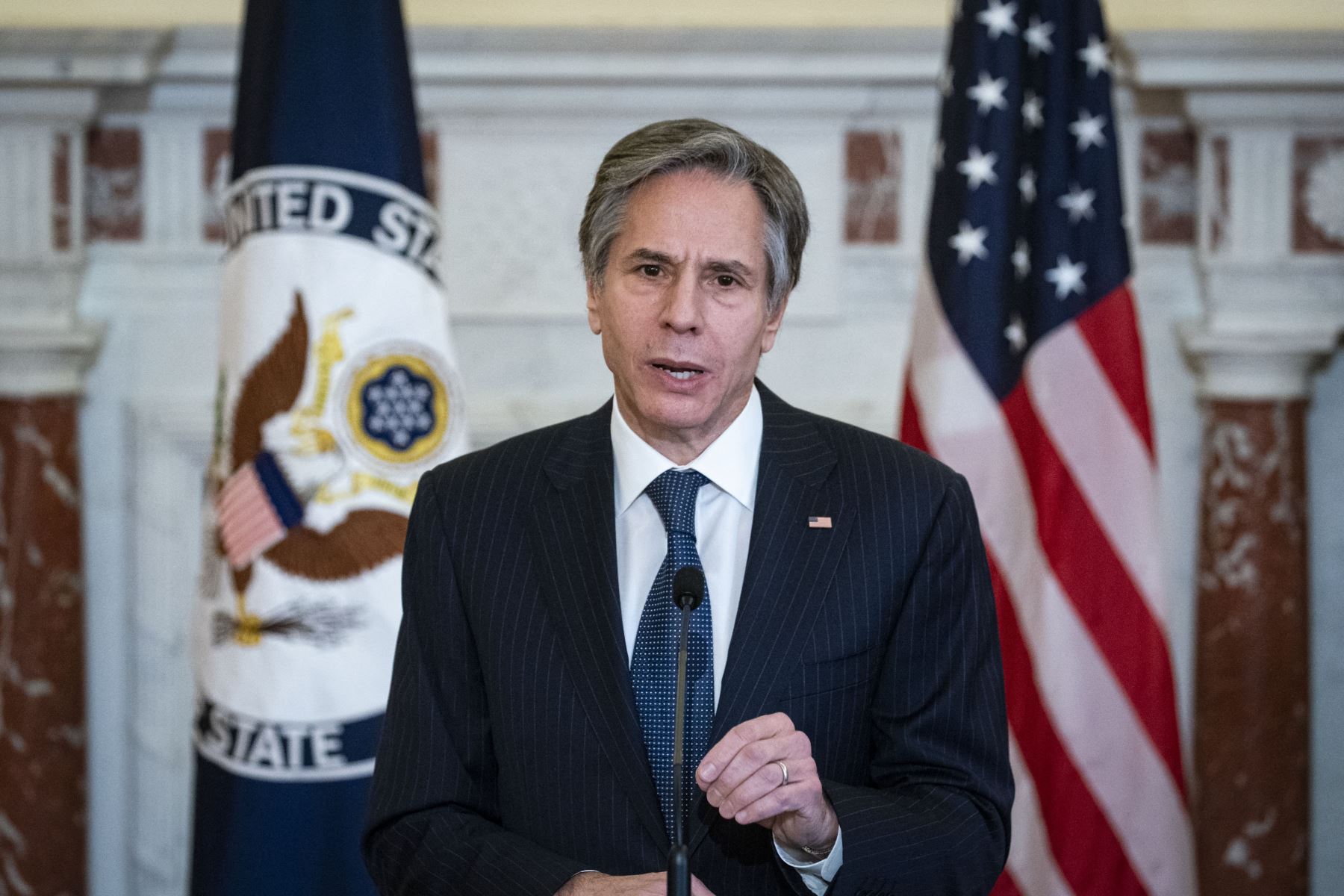The United States attacks Maduro

In a major shift in foreign policy, the administration Biden is preparing a series of measures targeting key Venezuelan government institutions. This new strategy seeks to address concerns about the integrity of the electoral process and the human rights situation in the South American country.
“Instead of responding to the Venezuelan people’s demands for transparency and democracy, Maduro has escalated repression through politically-targeted threats, unjust and indiscriminate arrests, and censorship. in a desperate attempt to cling to power by force,” held Matthew Miller, State Department spokesman.
Diplomatic sources indicate that the National Electoral Council, the Supreme Court of Justice and certain elements of the security forces could be targeted with specific sanctions. These actions are part of an effort to promote free and fair elections, in a context where opposition figures such as María Corina Machado and Edmundo González Urrutia have faced significant obstacles.
The Venezuelan political landscape has become increasingly complex. The government of Nicolás Maduro, for its part, maintains a firm stance against what it considers foreign interference. Analysts suggest that Caracas may be adopting a wait-and-see strategy, with an eye on the upcoming US elections and their possible implications for regional politics.
This situation poses challenges and opportunities for both nations. On the one hand, sanctions seek to encourage changes in Venezuelan governance. On the other, there is a risk that stricter measures could have unintended consequences for the civilian population, already affected by a prolonged economic crisis.
The international stage also plays a crucial role. Neighboring countries and regional organizations are watching closely, aware of the implications that the Venezuelan situation has for stability and cooperation in Latin America.
Experts in international relations point to the importance of a balanced approach. “It is essential to seek avenues for dialogue without compromising democratic principles,” says Dr. Ana Rodriguez, a specialist in Latin American politics at Georgetown University.
Meanwhile, Venezuelan civil society continues to mobilize, seeking spaces for participation amid a tense political environment. Non-governmental organizations report continued challenges in areas such as freedom of expression and assembly rights.
In the economic sphere, economists warn of the need to carefully consider the impact of any new measures. “It is crucial to find a balance between political pressure and economic stability,” says Dr. Carlos Martinez, a researcher at the Institute of Latin American Studies.
As these events unfold, the international community remains vigilant. The search for a solution that respects Venezuelan sovereignty while promoting democratic values remains a diplomatic challenge of the first order.
In conclusion, the evolution of US policy towards Venezuela marks a crucial moment in hemispheric relations. The coming months will be crucial to understanding how this new approach could influence the political and social future of Venezuela, as well as the geopolitical landscape of the region.
Independent journalism needs the support of its readers to continue and ensure that uncomfortable news that they don’t want you to read remains within your reach. Today, with your support, we will continue working hard for censorship-free journalism!
